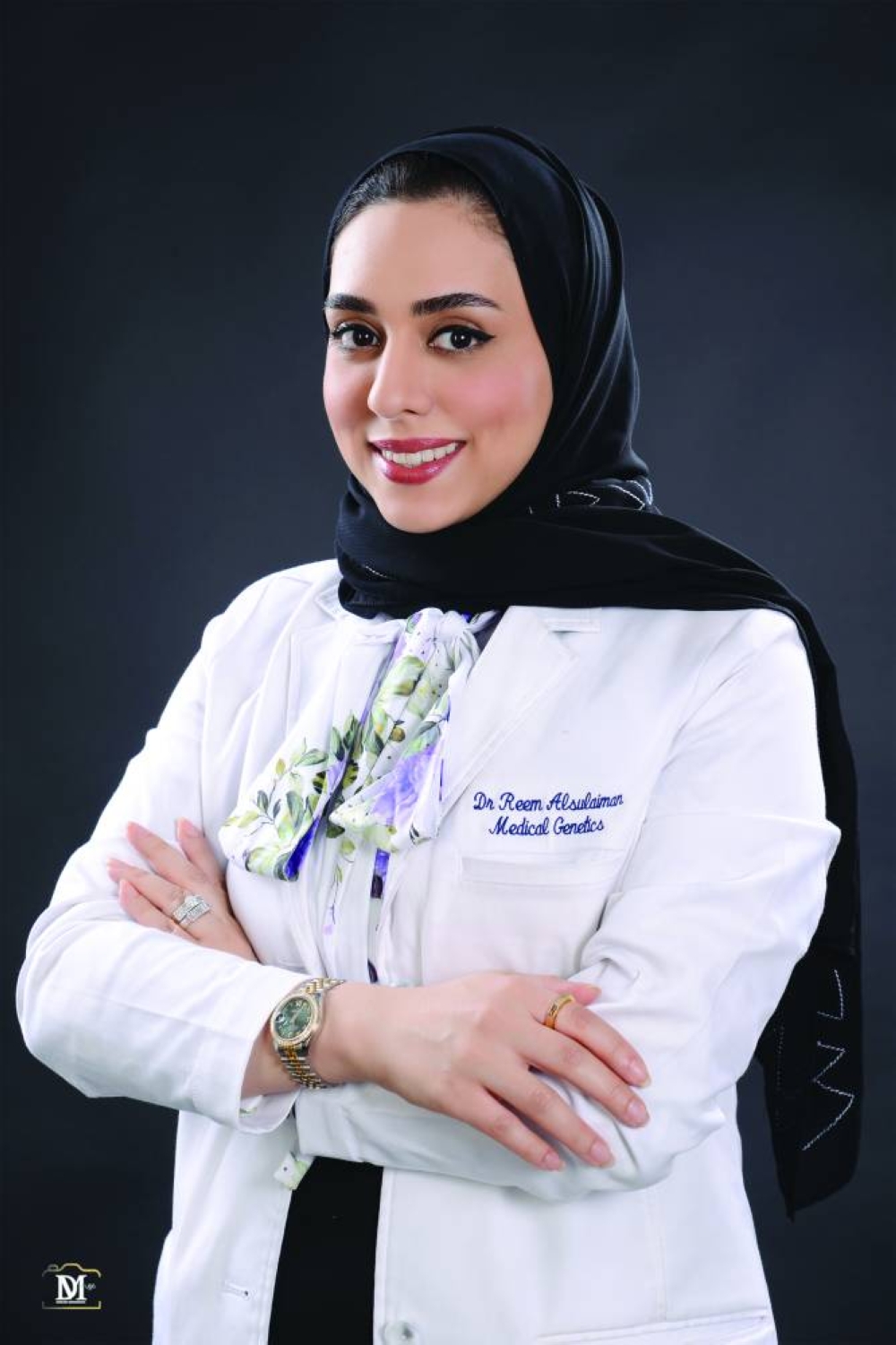Hamad Medical Corporation (HMC) and Heidelberg University Hospital in Germany (HUH) have collaborated and implemented a successful and comprehensive newborn screening programme to detect treatable diseases before clinical presentation by measuring certain biochemical metabolites.
With the advancement in the field of genomic medicine, it is now feasible to use sophisticated genomic tools to enhance newborn screening to detect hidden genetic diseases missed by the current newborn screening.
Dr Saad Alkaabi, chairman of the rare disease committee and chairman of the international medical affairs office at HMC, said: “The long-standing collaboration between HMC and HUH in the field of newborn screening has provided an optimal framework to construct a new research project for ‘Genomic Newborn Screening’. Our goal is to develop a novel and innovative screening tool to detect genetic disorders before clinical presentation, particularly those genetic disorders that cannot be detected by the standard newborn screening tools available currently.”
Dr Reem Alsulaiman, assistant chair of the rare disease committee and the research study’s principal investigator (PI), said: “The launch of this new tool of genomic newborn screening will lead towards ensuring better disease prevention through early diagnosis and treatment of more complex and rare genetic diseases. The new programme will transform the traditional newborn screening into an advanced comprehensive programme to be more accurate, rapid and cost effective in detecting diseases and reducing the morbidity and mortality of infants.”
Dr Asmaa Althani, executive director of the Precision Medicine Institute, explained: “In this unique pilot study, a Qatar-microarray Chip, known as Q-Chip will be used on umbilical cord blood post-delivery. This chip contains thousands of pathogenic genetic variants that are common in the population of Qatar, however, in this study, we tailored Q-Chip to screen for selected number of genetic treatable diseases for the purpose of genomic newborn screening. The administration of the Q-Chip is supported by the Qatar Biobank and Qatar Genome Programme and the Diagnostic Genomic Division at HMC.”
Dr Tawfeg Ben Omran, chief of the genomic and genetic medicine division and the study’s co-PI, added: “We also conduct special genetic testing for Spinal Muscular Atrophy (SMA), a progressive neuromuscular genetic disorder and a leading cause of death in children under two years of age, will be done in order to diagnose newborns with SMA before clinical presentation for prompt intervention and better quality of life.”
Dr Hilal al-Rifai, CEO and medical director of HMC’s Women’s Wellness and Research Center and director of the Qatar Newborn Screening Programme added: “The current national newborn screening programme had successfully diagnosed and treated serious metabolic diseases in hundreds of newborns in Qatar, creating an infrastructure to ensure the successful implementation of genomic newborn screening, making HMC a pioneer in this field in the Middle East.”

Dr Saad Alkaabi

Dr Hilal al-Rifai

Dr Reem Alsulaiman
